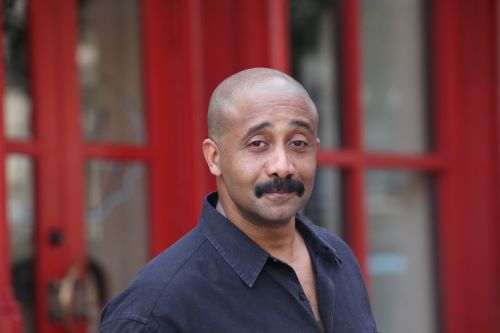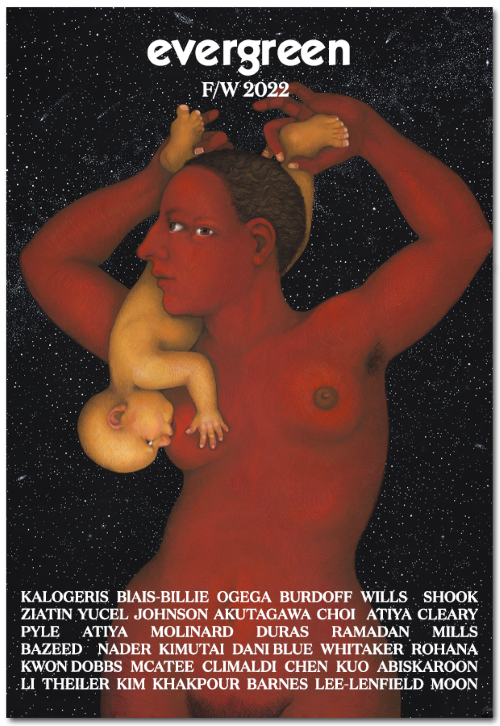This was look right/fly right honesty. man- ipulated honesty; unwanted instrumenthonesty; wanton honesty; this waschurning, idiosyncratic honesty; ornery honesty at attention. smack- dab honesty—the kind that couldmake you or made you or break youand braid you; this was quicksilver unwavering honesty, cockpit honest, alluring wing-witty fuselage truth.Personality type-A (for air) honesty.The heavenly threshold of honesty; buck- toothed honesty; this was unmonitored goggle honesty; this was more honesty than honestycould handle. This was honest to goodness andhonest to badness. This was some cool down Papa honesty. Lone Star North Star honesty. Straighten up and fly right honesty. This was cylinder aftercylinder of honesty. (Nine to be exact.) This washorse-powered honesty, advanced and intermediate honesty. air-cooled peculiar honesty. This was controlled honesty on the Ides of March.This was open wide and say ahhhh-nesty. Honestly.
An Honest Airplane
(Tuskegee Airman Harry Stewart, Jr. training with the North American Aviation AT-6)
Feature Date
- February 28, 2023
Series
Selected By
Share This Poem
Print This Poem
Copyright © 2022 by David Mills.
All rights reserved.
Reproduced by Poetry Daily with permission.

Mr. Mills has published four poetry collections: Boneyarn: New York slavery poems (winner of the North American Book Award), The Dream Detective, The Sudden Country and After Mistic (Massachusetts slavery poems). He has received fellowships and awards from the New York Foundation for the Arts, Breadloaf, The Schomburg Center, the Bronx Council on the Arts, Washington College, the Brooklyn Non-Fiction Prize, Flushing Town Hall and The American Antiquarian Society. His poems have appeared in Ploughshares, Brooklyn Rail, Colorado Review, Crab Orchard Review, Jubilat, Callaloo, The Common, Worcester Review, Rattapallax and Fence. He lived in Langston Hughes’ landmark home and was a recipient of the Langston Hughes Society Award. He wrote the audio script for the Whitney Museum exhibition: Reflections in Black:100 Years of Black Photography curated by Macarthur Genius Award winner Deborah Willis. The Juilliard School of Drama commissioned his play The Serpent and the Dove. He has recorded his poetry on ESPN and RCA Records and had his poem, “Eclectic Electric,” displayed at the Venice Biennale.

F/W 2022
New York, New York
Publisher
John Oakes
Editor-in-chief
Dale Peck
Poetry Editor
Jee Leong Koh
In 1957, Barney Rosset, Fred Jordan and a few others launched The Evergreen Review with work by Samuel Beckett, Jean-Paul Sartre, Mark Schorer, and James Purdy. For the next sixteen years, Evergreen published writing that launched an assault on American propriety: literary, sexual, and social. Evergreen’s genius lay in its ability to mix radical American voices from the literary and social fringes—Burroughs, Ginsberg, Susan Sontag, LeRoi Jones, Henry Miller—with a global cast of writers, many of whom were introduced to American readers by the magazine: Beckett, Genet, Grass, Ōe, Duras, Paz, Walcott, Nabokov.
After a hiatus of many years, Evergreen was re-launched on-line in 1998, and then again in 2017. Now under the leadership of publisher John Oakes and editor-in-chief Dale Peck, the new Evergreen builds on Rosset’s legacy of searching out the stories that challenge our sensibilities and expand our understanding of the way people actually live in the world, and the way their truths can be expressed. Available free of charge in an online-only format, the non-profit magazine features fiction, nonfiction, and poetry from an international array of new and established writers.
Poetry Daily Depends on You
With your support, we make reading the best contemporary poetry a treasured daily experience. Consider a contribution today.



